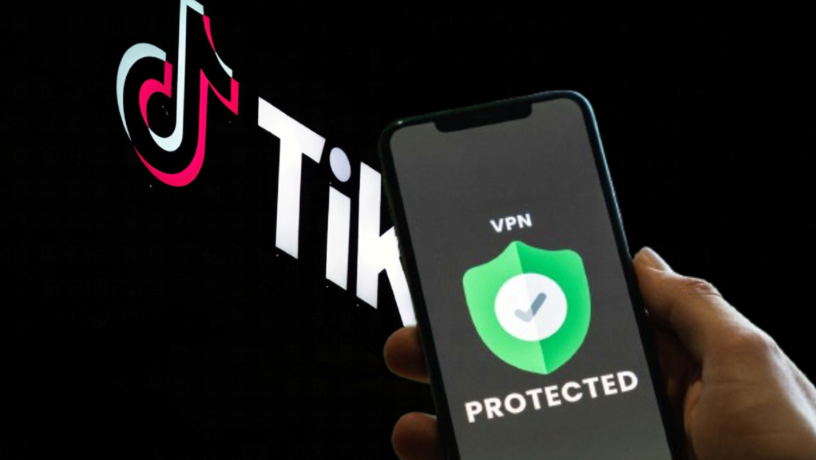The ban on the TikTok platform in Albania has sparked a wide-ranging debate on internet freedom, cybersecurity, and the use of alternative technologies to bypass restrictions. Former Prime Minister Sali Berisha, a vocal critic of the decision, has opted to use a VPN to continue accessing the platform, encouraging young people to do the same. This has opened up a deeper discussion about the risks and consequences of using such services.
What is a VPN and what are its risks?
A VPN (Virtual Private Network) is a tool that hides the user’s IP address and location, allowing them to bypass restrictions imposed by governments or internet service providers. With TikTok now blocked in Albania, many users have turned to this technology to circumvent the ban and continue accessing the platform.
However, cybersecurity experts warn of significant risks associated with using free or unsecured VPN services. These applications often log user data, making them more vulnerable to hackers and companies that collect information for commercial purposes. From password theft to exposure of financial data, using unauthorized VPNs can have serious consequences for individual security and privacy.
Internet Freedom vs. National Security
The Albanian government has argued that the ban on TikTok was implemented to protect young people from inappropriate content and negative influences, especially following serious criminal incidents linked to the platform’s use. Prime Minister Edi Rama has stated that the decision was made after consultations with experts and parent groups, who expressed concerns about the harmful effects of TikTok on minors.
However, opponents of the decision, including Sali Berisha, have labelled it an attack on free speech and unjustified censorship. Berisha has urged young people to use VPNs to bypass the restrictions, despite expert warnings about potential risks.
The Rise of VPN Usage and Challenges for Authorities
As authorities attempt to control VPN usage and enforce the TikTok ban, many Albanian users have found ways to circumvent the restrictions. Experts warn that completely restricting internet access is nearly impossible without heavy censorship measures, which could have even greater consequences for information freedom.
At a time when digitalization and technology are becoming increasingly essential to daily life, the debate over the TikTok ban and VPN usage raises important questions about the limits of state intervention in the online sphere. Should access to certain platforms be restricted to protect public security? Or should users’ freedom to access information without barriers be upheld?
The TikTok ban and the debate over VPN usage have highlighted a broader struggle between security and internet freedom. While the government argues for the need to protect young people and ensure national security, critics view this move as a form of censorship and information control. The use of VPNs as a means of bypassing restrictions has raised concerns about cybersecurity, underscoring the need for better education and stronger protections for personal data. In this complex situation, Albania faces the challenge of finding a balance between internet regulation and ensuring citizens’ rights to free access to information.
Written by our correspondent A.T.



